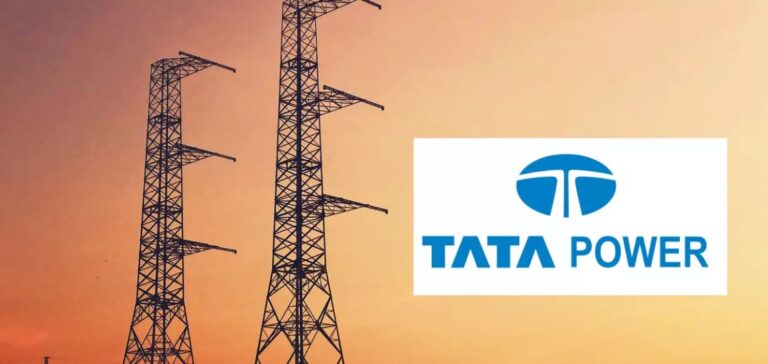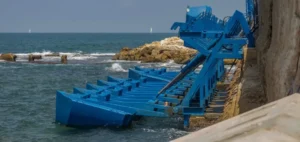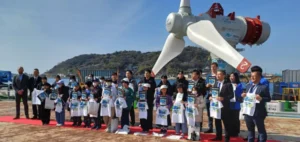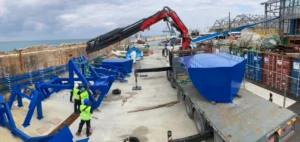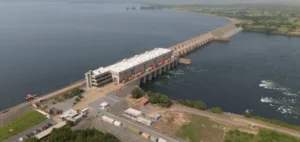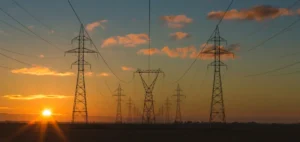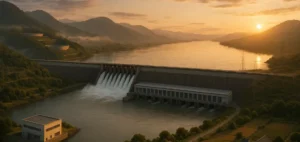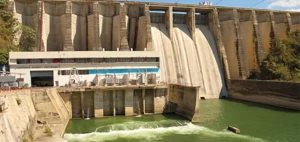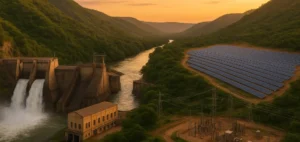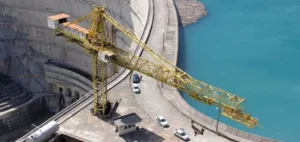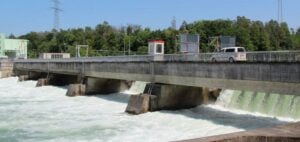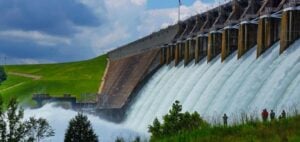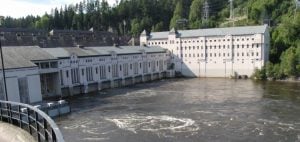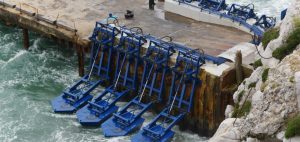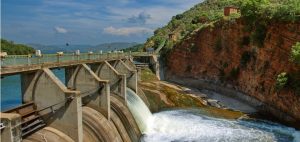Tata Power joins forces with Maharashtra to develop green hydroelectric projects, promoting a sustainable economy.
Development of Hydroelectric Energy Storage Projects in Maharashtra
Tata Power and the Maharashtra government are working together to build two hydroelectric projects, with the aim of developing the state’s economy. With a total capacity of 2,800 MW, these projects are part of the vision to propel the state towards a $1 billion economy by 2028. The investment of 13000 Cr will be divided between the districts of Shirawta, Pune (1800 MW) and Bhivpuri, Raigad (1000 MW). The MoU signing ceremony took place in Mumbai, in the presence of eminent dignitaries, including Mr Devendra Fadnavis, Deputy Chief Minister of Maharashtra, marking a major milestone in the cooperation.
Using Hydroelectric Power to Support Energy Goals
“The signing of this MoU is a major step forward in Tata Power’s journey towards a clean, green energy future. Pumped hydro storage is a reliable and efficient way to store energy, and these projects will support solar and wind renewable projects to ensure a reliable and continuous 24/7 power supply. This is a historic moment for both Maharashtra and Tata Power, and we are proud to be part of this initiative,” said Dr Praveer Sinha, CEO of Tata Power.
These projects will take advantage of the kinetic energy of water to provide a stable power supply. In periods of excess energy, water will be pumped between reservoirs. During peak demand, the stored water will drive the turbines to generate electricity. This initiative will enhance energy security, complementing the use of renewable sources. A 2800 MW hydroelectric capacity will be a significant addition to the cleaner capacities, contributing to energy sustainability.
Tata Power’s legacy in the region
The natural topography and geology of the Western Ghats are ideal for pumped storage projects. Tata Power, which has been present in the region for a century, operates three hydroelectric power stations: Khopoli Hydro Generating Station, Bhivpuri Hydro Generating Station and Bhira Hydro Generating Station, including a 150 MW hydroelectric storage project. The energy produced has influenced Mumbai’s economy. The water released has contributed to economic growth in Raigad and Thane.

